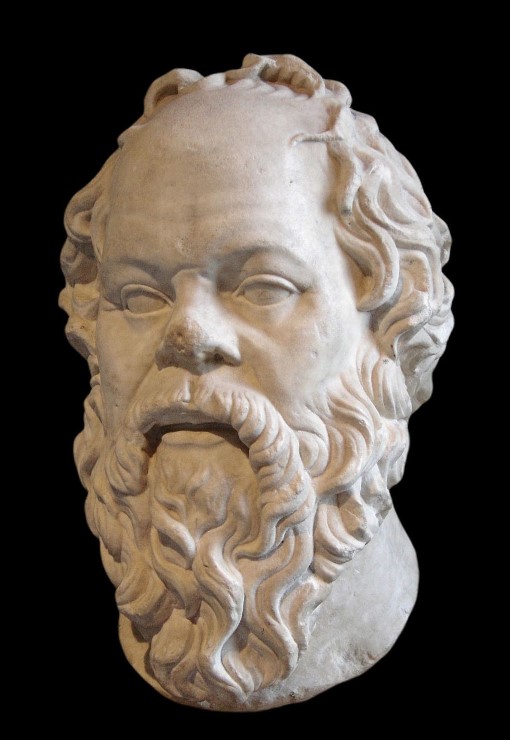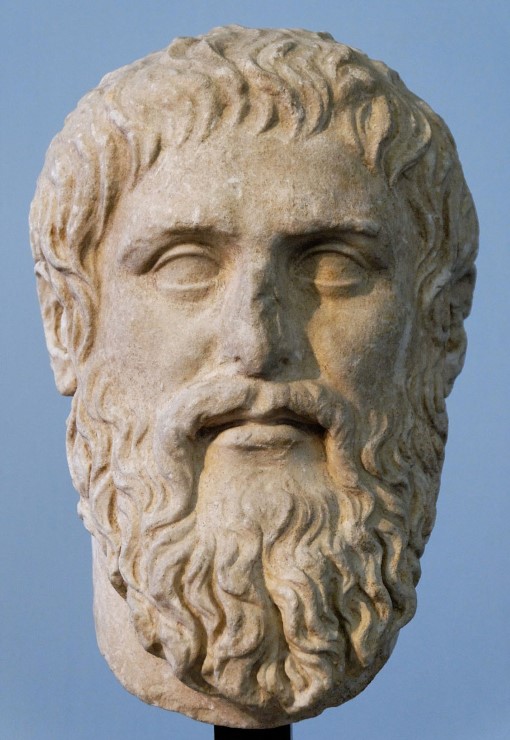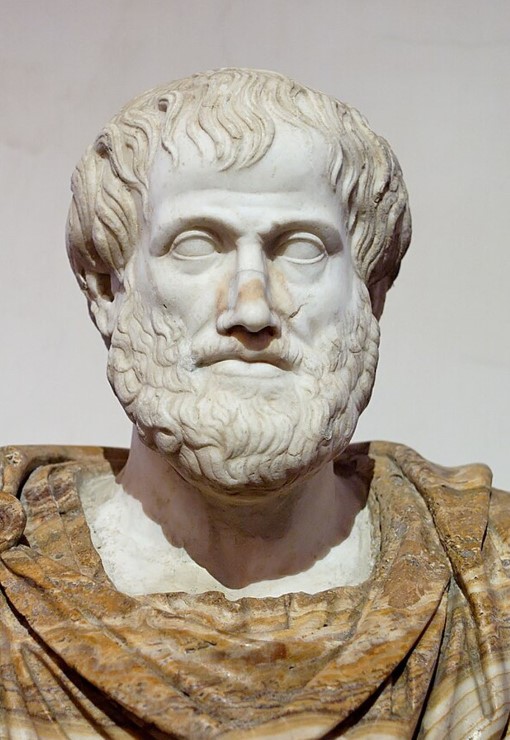

Socratic philosophy represents a pivotal period in the history of Western thought, characterized by the profound contributions of Socrates and his followers, Plato and Aristotle.
This era is marked by a shift towards rigorous intellectual inquiry, ethical discussions, and the development of foundational concepts in logic, epistemology, and metaphysics. Socratic philosophy laid the groundwork for much of Western philosophical tradition, emphasizing the importance of reason and the pursuit of truth.
Socrates himself is known for his method of dialectical questioning, which sought to uncover underlying assumptions and achieve deeper understanding through dialogue. His approach to philosophy focused on ethical living and the examination of moral concepts such as justice, virtue, and the good life.
Plato, a student of Socrates, expanded on his mentor's ideas and founded the Academy in Athens. His dialogues explore a wide range of philosophical topics, including the theory of Forms, the nature of knowledge, and the structure of an ideal state. Plato's work has had a lasting impact on Western thought, influencing countless subsequent philosophers and intellectual movements.
Aristotle, a student of Plato, further developed and systematized many areas of philosophy, including logic, metaphysics, ethics, and natural sciences. His writings cover a vast array of subjects, and his empirical approach to studying the natural world laid the foundations for scientific inquiry.
The legacy of Socratic philosophy is immense. The contributions of Socrates, Plato, and Aristotle continue to be central to philosophical education and discourse, shaping the way we understand ourselves and the world around us.
Socrates was a classical Greek philosopher credited as one of the founders of Western philosophy. He is renowned for his Socratic method of questioning and his emphasis on ethics and self-knowledge.
More
Plato was a philosopher in ancient Greece and a student of Socrates. He founded the Academy and is known for his dialogues and the theory of Forms, which propose that abstract concepts possess a higher reality.
More
Aristotle was an ancient Greek philosopher and student of Plato. He made significant contributions to numerous fields including logic, metaphysics, ethics, and natural sciences, and founded the Lyceum.
More
Ancient Greek art and architecture, with its harmonious proportions and timeless elegance, continue to inspire awe and admiration millennia later.
Discover
Greek mythology, a rich tapestry of gods, heroes, and mythical creatures, captivates the imagination with its tales of love, betrayal, and epic adventures that delve into the depths of the human psyche.
Discover
Ancient Greek history, marked by remarkable achievements in democracy, philosophy, and warfare, shaped the foundation of Western civilization, leaving an indelible legacy of innovation and cultural influence that continues to resonate to this day.
Discover
The ancient Greek Olympics, held in Olympia every four years, celebrated athleticism, unity, and cultural pride, serving as a testament to the enduring spirit of competition and excellence that transcends time and borders.
Discover
Ancient Greek wars, such as the Persian Wars and the Peloponnesian War, were pivotal conflicts that shaped the course of history, highlighting the struggle for power, independence, and the clash of civilizations in the ancient Mediterranean world.
Discover
Ancient Greek culture and society, characterized by its emphasis on art, philosophy, and civic engagement, fostered a vibrant intellectual and social landscape where innovation flourished, democracy thrived, and the pursuit of knowledge and excellence was celebrated as fundamental values of civilized life.
Discover
Find out more about ancientgreece.com